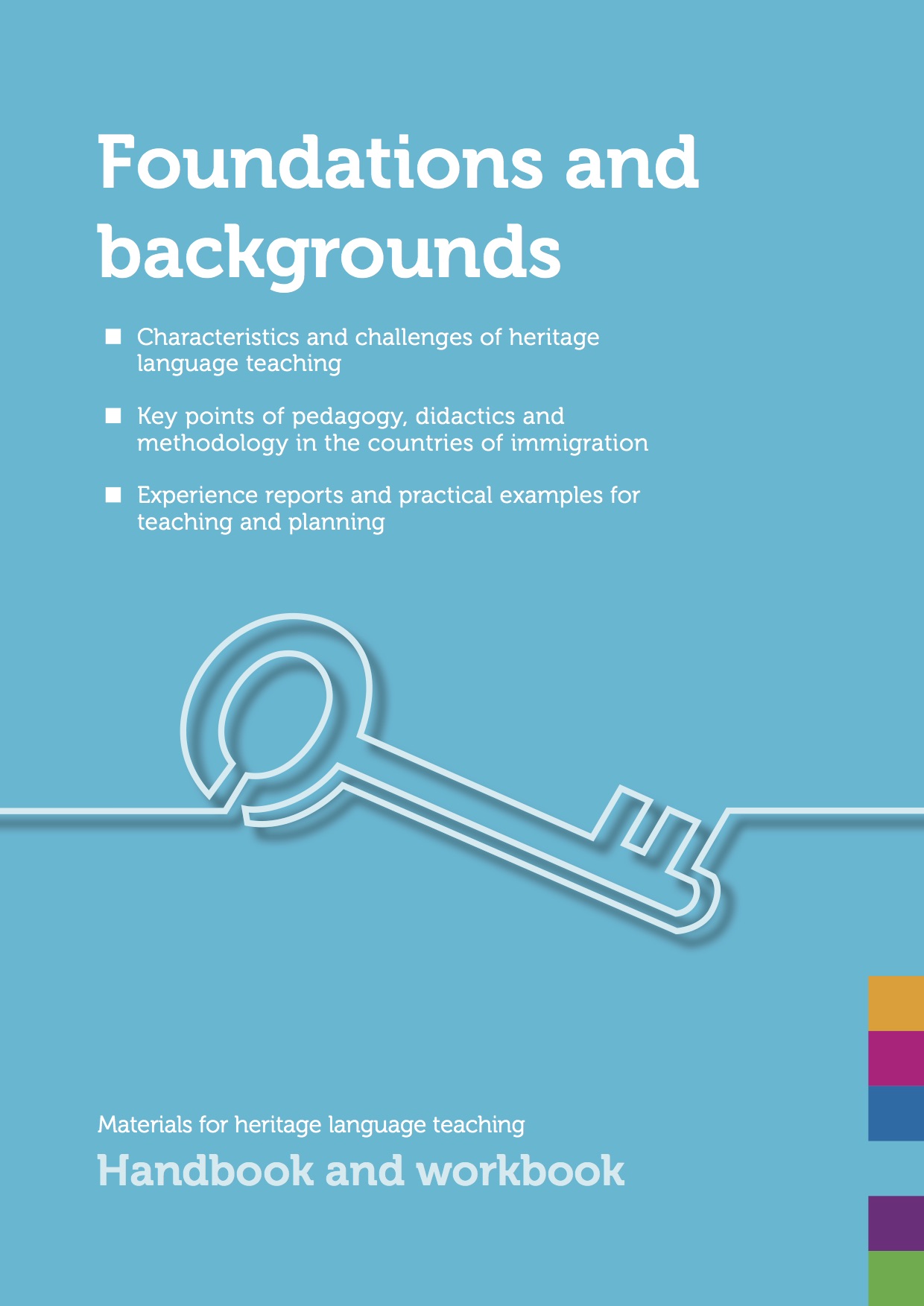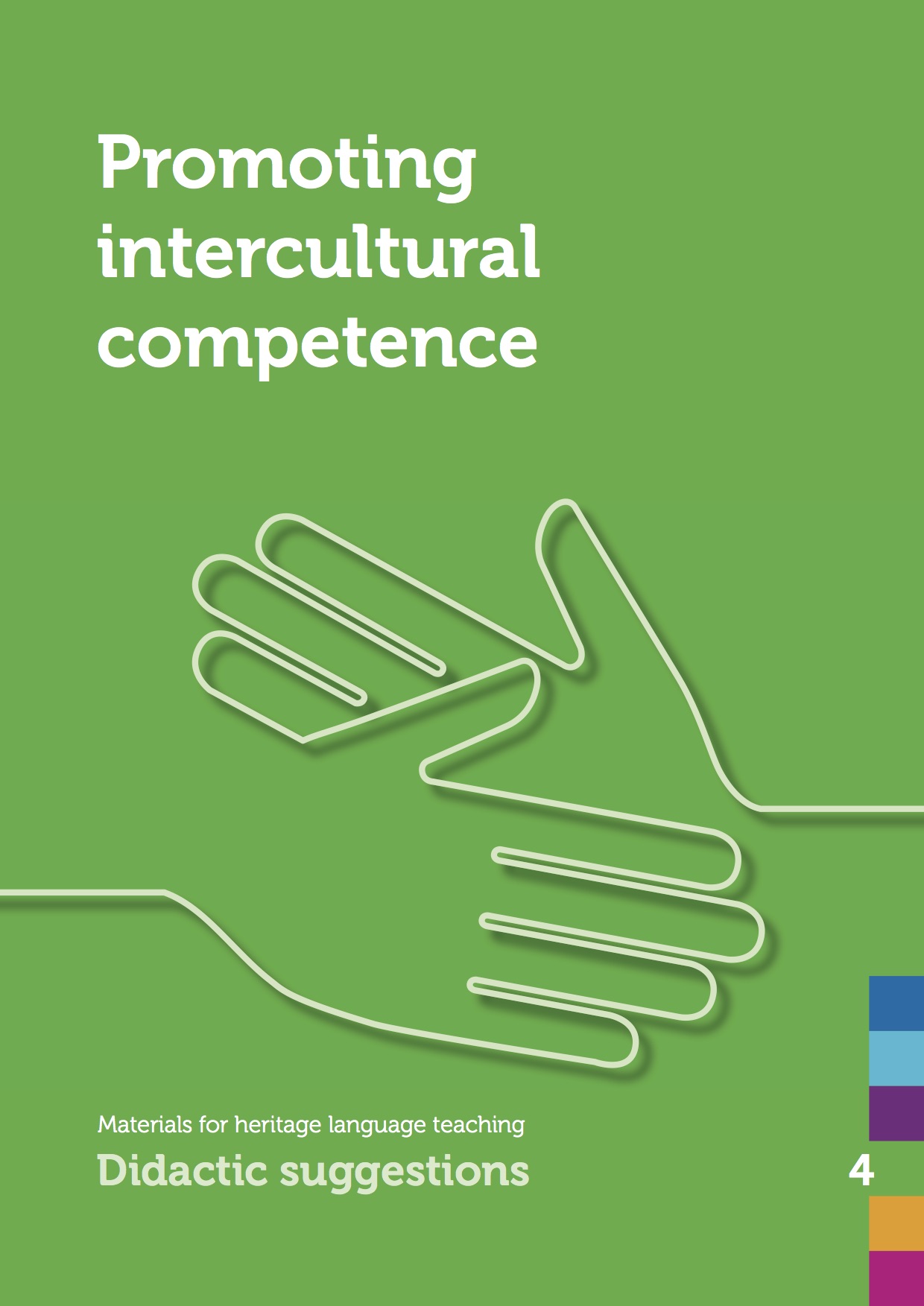The competence orientation as an important principle of current pedagogy is described in detail in the handbook “Foundations and backgrounds” (chapters 2, 5 and 9. For the topic of the present volume, three competences in particular are of central importance:
a) The perceptual competence, here expanded with the recognition competence: this involves the cognitive development of the sensual – emotional ability to perceive the outside world and the inside world with all senses, to develop internal images, and to view oneself as a part of the communicative processes. The learners are taken seriously and recognized with their emotional worlds and forms of appropriation.
b) The reflection competence deals with the development of the cognitive ability to make increasingly significant connections through language, i. e. abstracting notions, and to discuss and reflect on them.
c) The (communicative) competence to act expresses that which is perceived and reflected upon through communicative action in one’s own living environment. As a result, the individual can influence his/her own living environment and develop new forms of expression and new perspectives for acting.
According to Holzbrecher (1999/2009); see bibliographic references, the concept of intercultural competences implies a linking of the subject level with the level of the living environment and society, so that children and youths can experience self-efficacy themselves. Only this fourth category allows for the development of new perception patterns, reflection patterns and behavior patterns.






